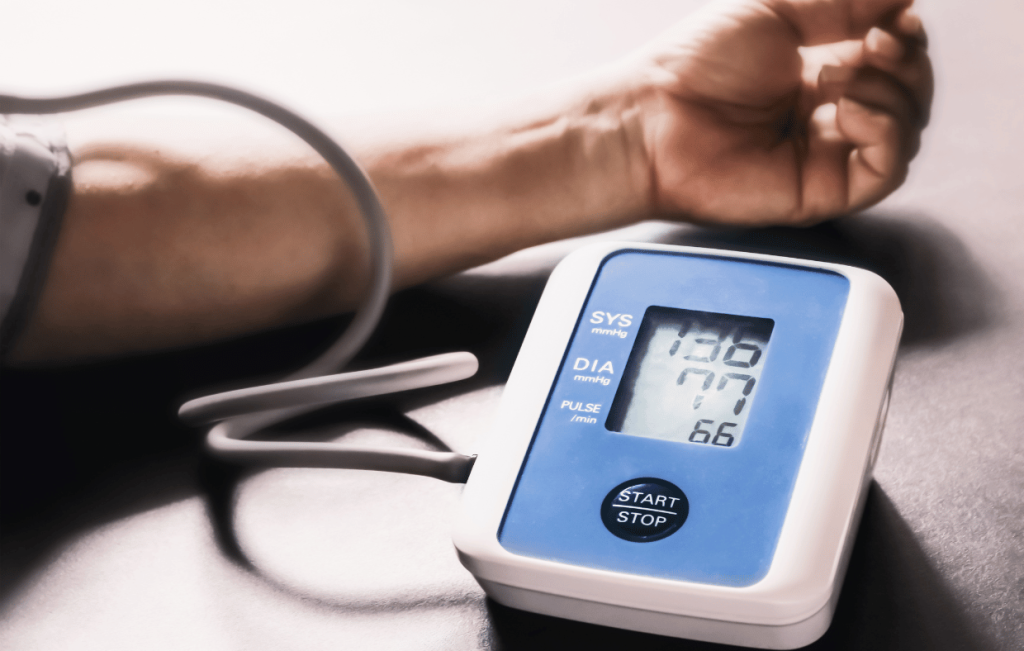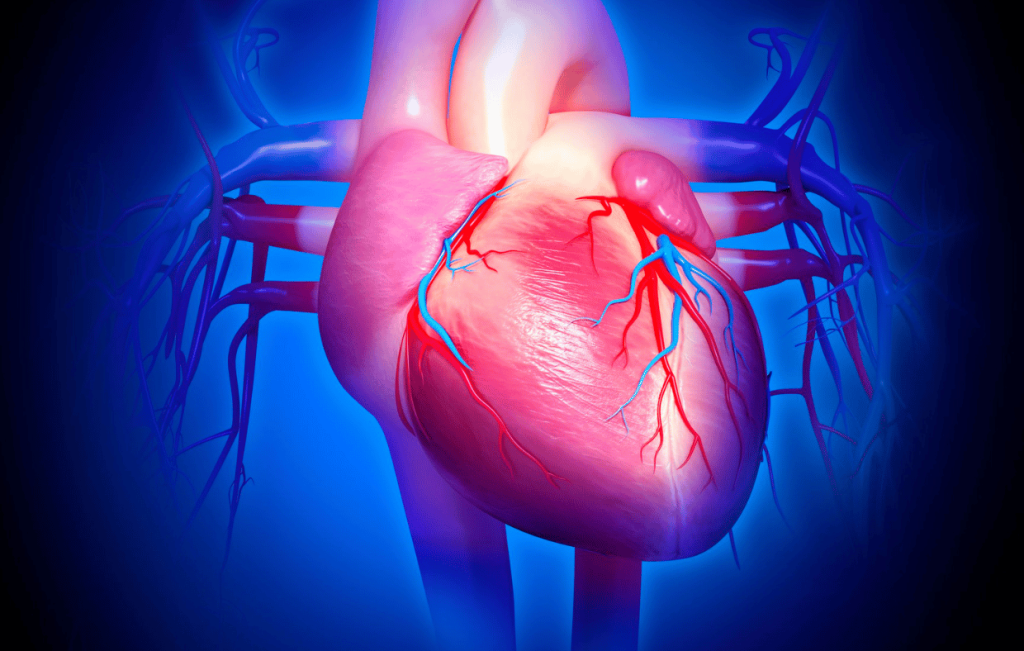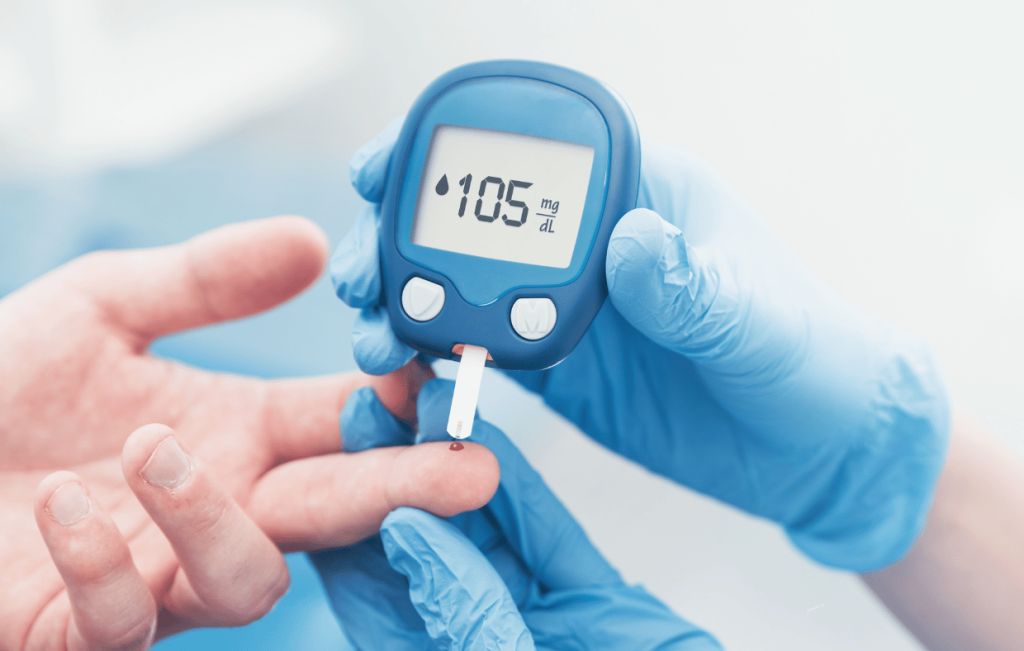Let’s delve into the relationship between intermittent fasting and blood pressure medication, exploring how IF can influence blood pressure, the considerations for those on antihypertensive medications, and the potential benefits and risks involved.
Intermittent fasting (IF) has gained significant attention recently for its potential health benefits, particularly in weight management and metabolic health. For individuals managing high blood pressure (hypertension), understanding the interplay between intermittent fasting and blood pressure medications is crucial.
Consider exploring these natural supplements designed to support optimal blood pressure levels. Always consult with a healthcare provider before starting any new supplement regimen.
Understanding Intermittent Fasting

Intermittent fasting refers to eating patterns that cycle between periods of fasting and eating. Common methods include:
- Time-Restricted Eating (TRE): Involves eating within a specific time window each day, such as an 8-hour eating period followed by a 16-hour fast.
- Alternate-Day Fasting (ADF): Alternates between days of regular eating and days where calorie intake is significantly reduced or eliminated.
- 5:2 Diet: Involves eating normally five days a week and restricting calorie intake to 500–600 calories on two non-consecutive days.
These methods aim to reduce overall calorie intake and improve metabolic health.
Intermittent Fasting and Blood Pressure
High blood pressure is a significant risk factor for cardiovascular diseases, including heart attacks and strokes. Lifestyle modifications, such as dietary and weight loss, are foundational in managing hypertension. Intermittent fasting has been studied for its effects on blood pressure, with several potential mechanisms proposed:
- Weight Loss: IF can reduce body weight, which is associated with lower blood pressure. Excess body weight increases the workload on the heart and contributes to hypertension.
- Improved Insulin Sensitivity: Intermittent fasting may enhance insulin sensitivity, improving blood sugar control. Improved insulin sensitivity reduces the risk of metabolic syndrome, a cluster of conditions that includes high blood pressure.
- Reduced Oxidative Stress and Inflammation: Fasting periods may decrease oxidative stress and inflammation, both of which are linked to hypertension.
- Enhanced Autophagy: Fasting induces autophagy, a cellular cleanup process that removes damaged components, potentially improving vascular health.
A study published in Circulation Research found that intermittent fasting can restructure the gut microbiota, leading to lower blood pressure in animal models.
Considerations for Individuals on Blood Pressure Medications

While intermittent fasting may offer benefits for blood pressure management, individuals taking antihypertensive medications should exercise caution:
- Risk of Hypotension: Fasting can naturally lower blood pressure. When combined with blood pressure medications, there is a risk of blood pressure dropping too low (hypotension), leading to dizziness, lightheadedness, and fainting.
- Medication Timing: Some blood pressure medications are recommended to be taken with food to reduce gastrointestinal side effects. Fasting alters normal eating schedules, potentially affecting medication absorption and efficacy.
- Diuretics and Dehydration: Diuretics, commonly prescribed for hypertension, increase urine output. During fasting, especially if fluid intake is reduced, there is an increased risk of dehydration, which can adversely affect blood pressure control.
Recommendations for Safe Intermittent Fasting with Hypertension
If considering intermittent fasting while on blood pressure medications, the following steps are advisable:
- Consult Your Healthcare Provider: Before initiating any fasting regimen, discuss with your healthcare provider to assess suitability based on your medical history and current medication regimen.
- Monitor Blood Pressure Regularly: Keep track of your blood pressure readings to detect any significant changes that may require medical attention or adjustment of medications.
- Adjust Medication Timing if Necessary: With professional guidance, you may need to adjust the timing of your medications to align with your eating windows to maintain efficacy and reduce side effects.
- Stay Hydrated: Ensure adequate water intake during non-fasting periods to prevent dehydration, especially if taking diuretics.
- Choose a Suitable Fasting Method: Select a type of intermittent fasting that is sustainable and fits your lifestyle, such as time-restricted eating, which may be easier to adhere to and less likely to cause adverse effects.
- Maintain a Balanced Diet: During eating periods, consume a balanced diet rich in fruits, vegetables, whole grains, lean proteins, and healthy fats to support overall health and provide necessary nutrients.
Potential Benefits Beyond Blood Pressure

Intermittent fasting may offer additional health benefits that contribute to cardiovascular health:
- Improved Lipid Profile: Some studies suggest that intermittent fasting can lead to reductions in total cholesterol and low-density lipoprotein (LDL) cholesterol levels, which are beneficial for heart health.
- Enhanced Metabolic Health: By improving insulin sensitivity and promoting weight loss, intermittent fasting can reduce the risk of type 2 diabetes, a condition closely linked to hypertension.
- Reduced Inflammation: Chronic inflammation is a known risk factor for cardiovascular diseases. Intermittent fasting has been associated with decreased markers of inflammation.
Potential Risks and Adverse Effects
While intermittent fasting has potential benefits, it is not without risks, particularly for individuals on blood pressure medications:
- Hypoglycemia: For those on medications that lower blood sugar, such as certain diabetes medications, fasting can increase the risk of hypoglycemia (low blood sugar), leading to symptoms like dizziness, confusion, and fainting.
- Nutrient Deficiencies: Inadequate nutrient intake during eating periods can lead to deficiencies, affecting overall health and potentially interfering with medication efficacy.
- Eating Disorders: Individuals with a history of eating disorders should avoid intermittent fasting, as it may trigger unhealthy eating behaviors.
Conclusion
Intermittent fasting (IF) presents a promising approach to improving cardiovascular health, particularly in managing high blood pressure. Its potential benefits include weight loss, enhanced insulin sensitivity, and reduced oxidative stress, all contributing to healthier blood pressure levels.
However, for individuals on antihypertensive medications, it’s essential to approach IF with caution. Fasting can naturally lower blood pressure, and when combined with medication, there is a risk of hypotension. Additionally, the timing of medication intake may need adjustment to align with fasting schedules.
Therefore, before initiating an intermittent fasting regimen, consulting with a healthcare provider is crucial. They can offer personalized advice, ensuring that any dietary changes complement existing medical treatments and overall health goals.
Regular monitoring of blood pressure, maintaining proper hydration, and adhering to a balanced diet during eating periods are vital practices to maximize the benefits of intermittent fasting while minimizing potential risks.
In summary, while intermittent fasting can be a valuable tool in managing high blood pressure, it should be undertaken thoughtfully, especially for those on blood pressure medications. Collaborating with healthcare professionals will help tailor a safe and effective fasting plan that supports cardiovascular health without compromising safety.

Question & Answer
Q1: How does intermittent fasting affect blood sugar levels?
Intermittent fasting can improve insulin sensitivity, leading to better blood sugar control. By reducing insulin resistance, IF helps maintain stable blood glucose levels, which is beneficial for overall metabolic health.
Q2: Can intermittent fasting impact the immune system?
Some studies suggest that intermittent fasting may enhance immune function by reducing inflammation and promoting autophagy, a process that removes damaged cells. However, more research is needed to fully understand this relationship.
Q3: What is an eating window in intermittent fasting?
An eating window refers to the specific period during which food consumption is allowed in intermittent fasting. For example, in the 16:8 method, there is an 8-hour eating window followed by 16 hours of fasting.
Q4: Is it safe to take blood pressure medications on an empty stomach during fasting periods?
Some blood pressure medications can cause stomach upset if taken without food. It’s essential to consult with a healthcare provider to determine the best timing for medication intake during fasting periods to avoid gastrointestinal discomfort.
Q5: What are the risk factors to consider when combining intermittent fasting with blood pressure medications?
Combining IF with blood pressure medications may increase the risk of hypotension (low blood pressure), dizziness, and dehydration. Regular monitoring and professional medical advice are crucial to mitigate these risks.
Q6: How should fat-soluble vitamins be taken during intermittent fasting?
Fat-soluble vitamins (A, D, E, K) are best absorbed when taken with meals containing fat. It’s advisable to consume these vitamins during the eating window to ensure optimal absorption.
Q7: Can intermittent fasting affect energy levels?
During the initial stages of intermittent fasting, some individuals may experience fluctuations in energy levels. However, as the body adapts, many report improved energy and mental clarity.
Q8: What types of intermittent fasting are commonly practiced?
Common types include:
- 16/8 Method: 16 hours of fasting with an 8-hour eating window.
- 5:2 Diet: Normal eating for 5 days; calorie restriction (500–600 calories) for 2 non-consecutive days.
- Alternate-Day Fasting: Alternating between days of regular eating and fasting or reduced calorie intake.
Q9: Does intermittent fasting reduce the risk of heart disease?
Intermittent fasting may contribute to heart health by lowering blood pressure, improving cholesterol levels, and reducing inflammation, thereby potentially decreasing the risk of heart disease.
Q10: Is it advisable to take a medication break during fasting periods?
Never adjust or discontinue medications without consulting a healthcare provider. They can provide guidance tailored to your health needs and fasting regimen.
Q11: Are there specific medical conditions that contraindicate intermittent fasting?
Individuals with certain medical conditions, such as eating disorders, uncontrolled diabetes, or advanced cardiovascular diseases, should avoid intermittent fasting unless supervised by a healthcare professional.
Q12: Is intermittent fasting a good idea for everyone?
Intermittent fasting is not suitable for everyone. It’s essential to consider individual health conditions, lifestyle, and consult with a healthcare provider before starting any fasting regimen.
Q13: How does intermittent fasting affect heart rate?
Some individuals may experience a decrease in resting heart rate due to improved cardiovascular efficiency during intermittent fasting. However, responses can vary.
Q14: What are common intermittent fasting methods?
Common methods include the 16/8 method, 5:2 diet, and alternate-day fasting, each varying in fasting and eating periods.
Q15: Can intermittent fasting influence diastolic blood pressure?
Intermittent fasting has been associated with reductions in both systolic and diastolic blood pressure, contributing to overall cardiovascular health.
Q16: What time is recommended for beginners starting intermittent fasting?
Beginners might start with a 12-hour fasting period and gradually increase it to 16 hours, depending on individual tolerance and health goals.
Q17: Does intermittent fasting affect blood volume?
Fasting can lead to dehydration if adequate fluids are not consumed, potentially reducing blood volume and causing low blood pressure. Staying hydrated is essential.
Q18: What defines healthy blood pressure?
Healthy blood pressure is typically defined as a systolic pressure less than 120 mm Hg and a diastolic pressure less than 80 mm Hg.
Q19: Can intermittent fasting help achieve normal blood pressure levels?
Intermittent fasting may aid in lowering elevated blood pressure, potentially helping individuals reach normal levels. However, it should complement, not replace, medical treatment.
Q20: What are the unwanted side effects of intermittent fasting?
Potential side effects include headaches, dizziness, low blood sugar, and nutrient deficiencies. Monitoring and professional guidance can help mitigate these effects.
Q21: How should food intake be managed during eating windows?
During eating windows, focus on balanced meals that include a variety of food groups to ensure adequate nutrient intake and support overall health.
Q22: What does previous research say about intermittent fasting and hypertension?
Previous research indicates that intermittent fasting can lead to reductions in blood pressure, but individual responses may vary. Consulting with a healthcare provider is recommended.
Q23: Should iron supplements be taken during fasting periods?
Iron supplements are best absorbed on an empty stomach but can cause stomach upset. It’s advisable to take them during eating periods or with a small amount of food to minimize discomfort.


